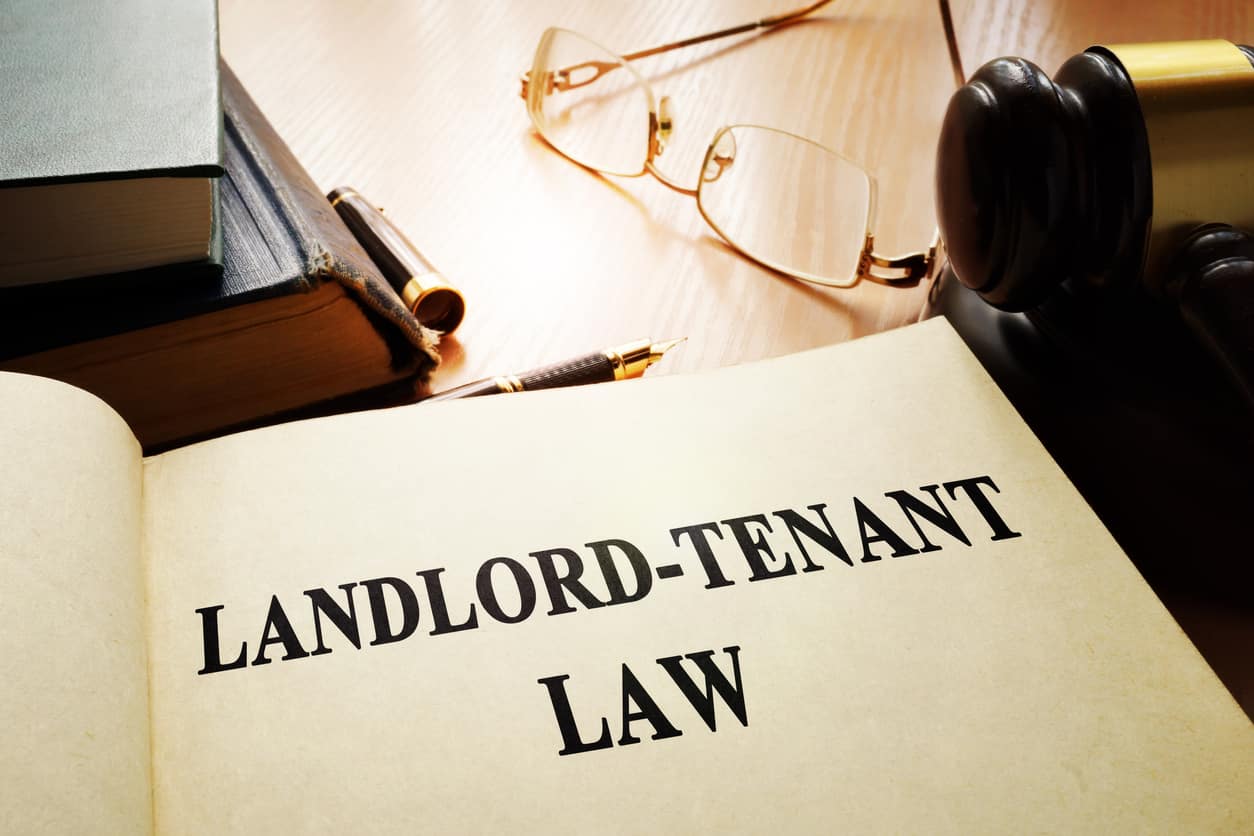A bad landlord can make your daily life miserable. You can experience poor maintenance and unsafe conditions. You might even face unlawful eviction.
How can you avoid landlords like this? Here are some clues that a landlord may be cutting corners and violating the law. If you see these warning signs, consider finding somewhere else to live.
Watch Out for These Red Flags in a Lease Agreement
You can protect yourself against a bad landlord by knowing these and other warning signs:
- The landlord won’t let you see the certificate of occupancy (CO) before you sign the lease. A CO is issued by the building department and defines whether a living space is legal, how many people are supposed to live in the space, and the type of use allowed (residential or commercial). When a landlord refuses to let you see the CO for a property you would like to rent, that probably means there isn’t one and that the proposed rental space is not to code. You could be gambling with your safety.
- <The landlord clearly violates the Fair Housing Act. By law, a property owner cannot ask discriminatory questions about someone’s birthplace, whether they attend church, or if they have girlfriends or boyfriends. Even if you answer the questions to the landlord’s satisfaction, you might want to reconsider your decision to live in that space. If the landlord violates the law in this way, what other violation might there be?
- The landlord requires a non-refundable deposit. When you think about it, there’s no such thing as a “non-refundable” deposit. If a landlord requires this, dig deeper. Is this a cleaning fee, a pet fee, a move-in fee, or some other fee that covers a specific service? Such fees could be legal, depending on the laws of the jurisdiction. It’s important to check the laws of the city or county about such fees. The bottom line, however, is that requiring a non-refundable deposit is a warning sign that the landlord could be trying to make some easy and illegal money.
- The security deposit seems higher than average. Although the state of Texas has no limit on how much a landlord can charge for a security deposit, local jurisdictions may set limits. It’s important to check before agreeing to an abnormally high security deposit.
- The lease sounds wrong. For example, a lease cannot include provisions such as giving up your right to sue the landlord. If it suggests that the landlord can drop by unannounced anytime, clarify what this means. Make sure it spells out the reasons why the landlord could keep a security deposit. If you come to an agreement with the landlord about items missing from the lease, get that agreement in writing. If the landlord won’t agree to this, go elsewhere.
Concerned About the Terms of Your Rental Lease? Call a Lawyer for Help.
You may wish to have a proposed lease agreement reviewed by an attorney before you sign, especially if you see any of these red flags in the lease. Contact our lawyers if you would like an experienced landlord-tenant lawyer to look at your lease agreement. Such a strategy is an investment in your future peace of mind.



